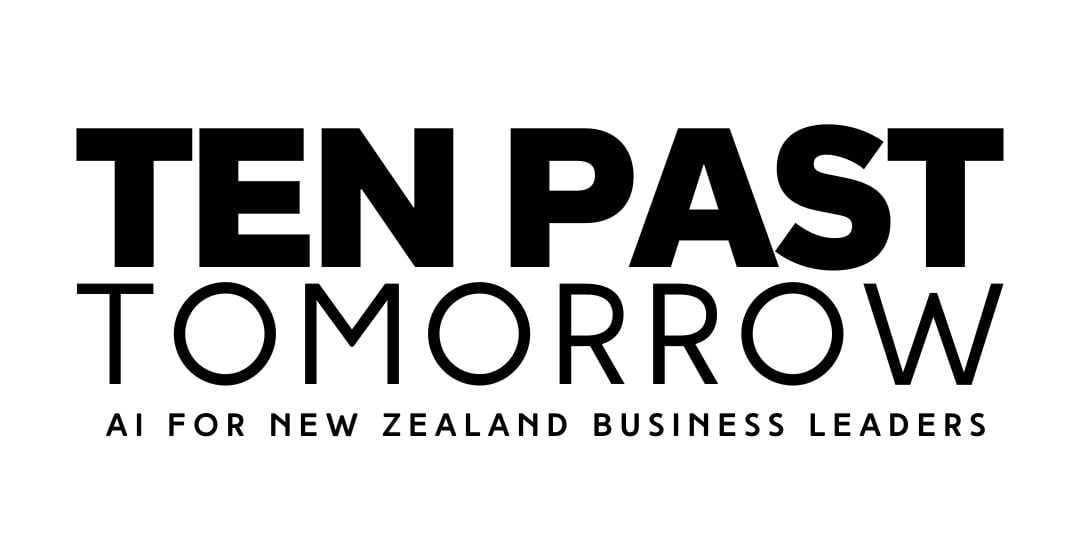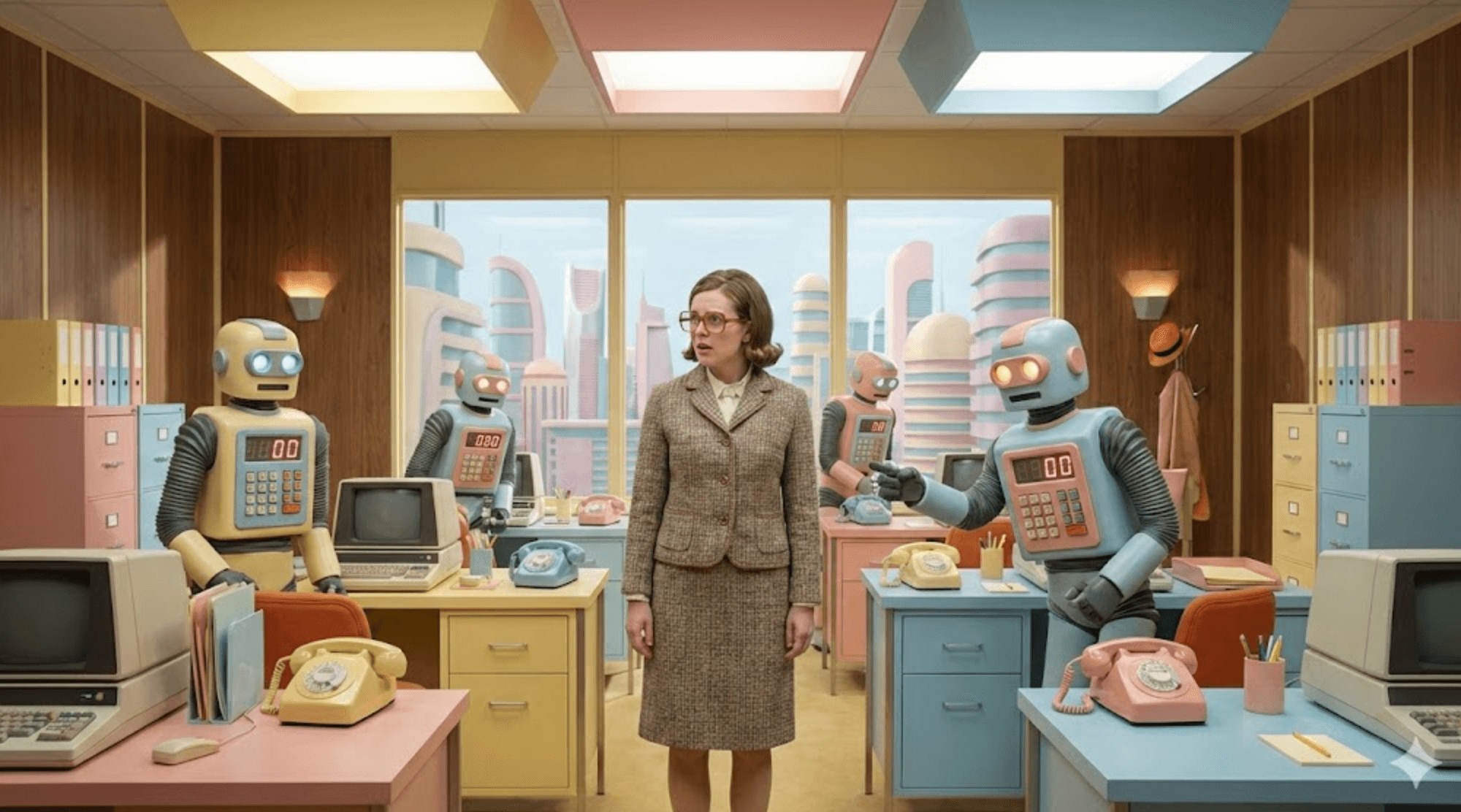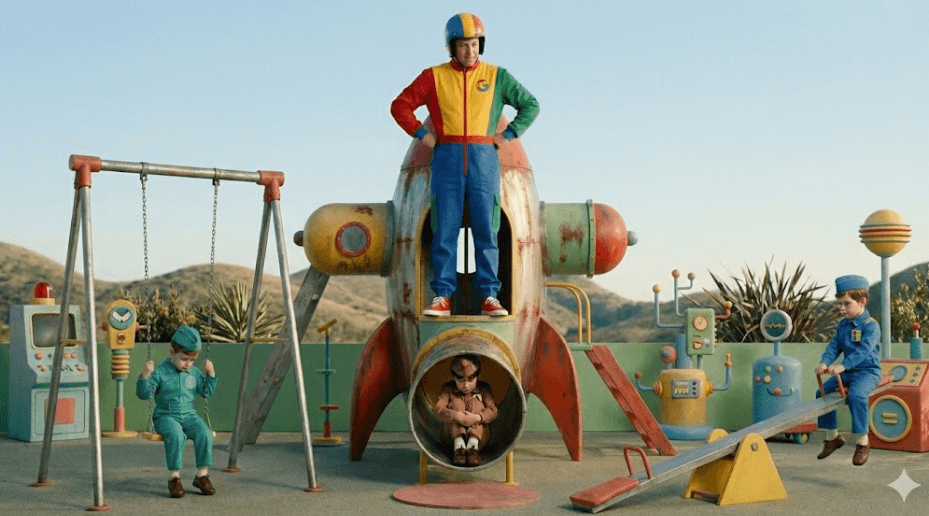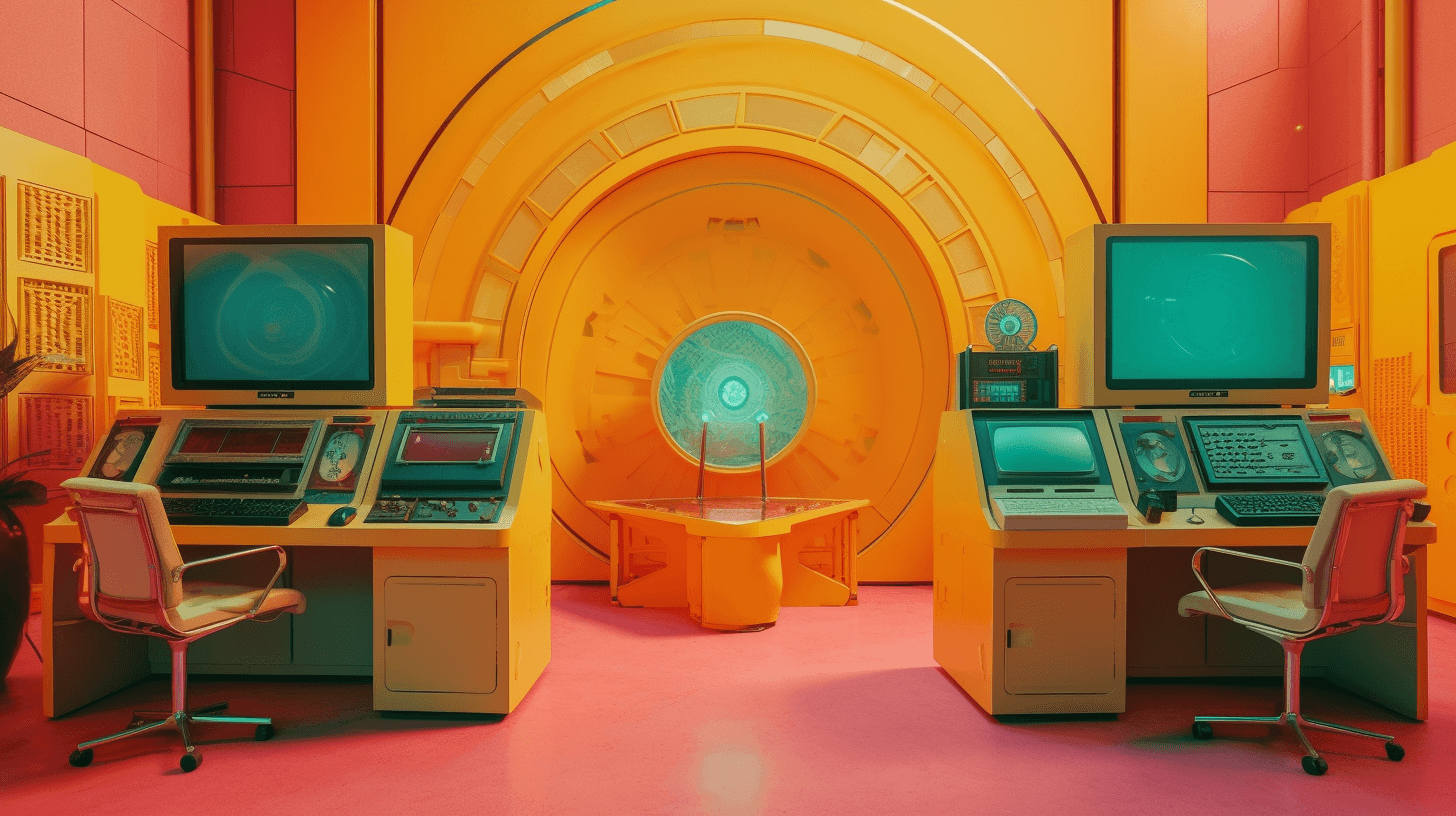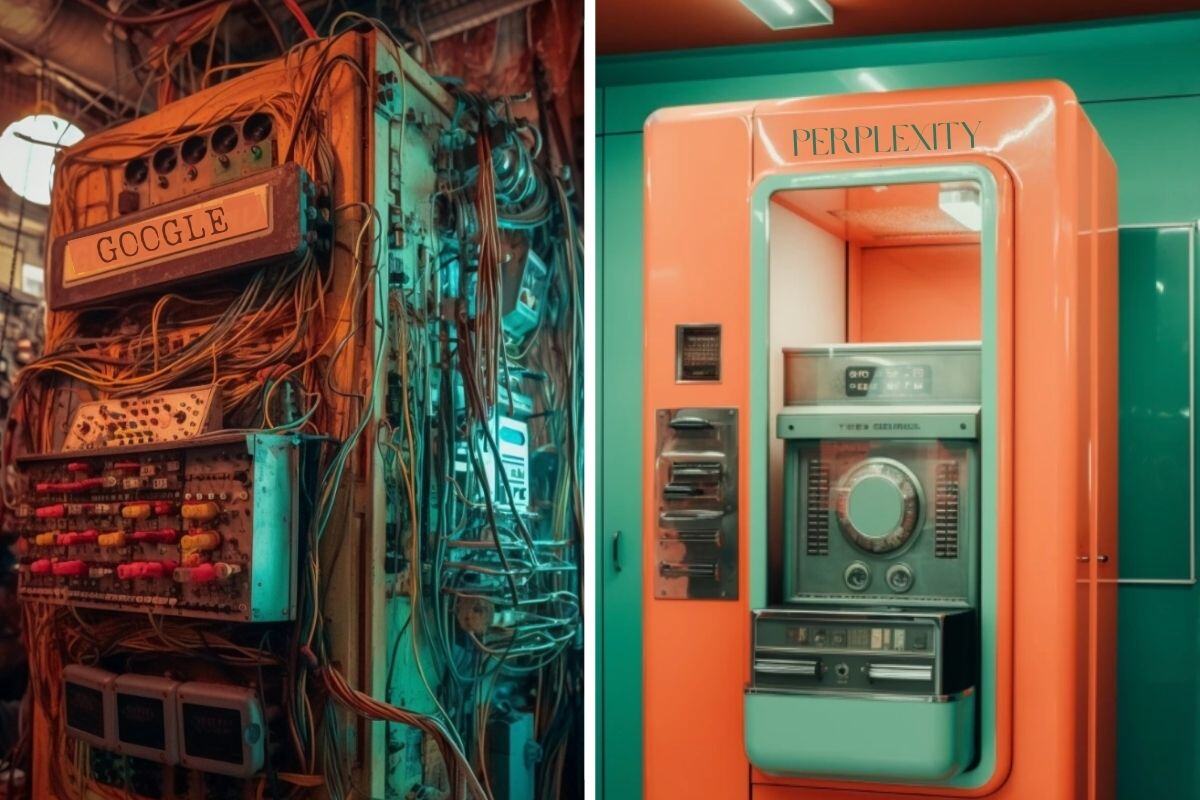Google's Gemini Advanced Arrives: A Rival and A Catalyst
This article is a comparison of ChatGPT - the market leader of AI chatbots for the past 12 months, and Google’s Gemini Advanced - released last week and the only model to so far challenge ChatGPT’s position at the top of the pile.
But it’s only a comparison of sorts. It’s not a head-to-head analysis of features and capabilities, that you’d normally expect in a typical comparison of two tech products.
It’s more of a comparison of the “personalities” (for lack of a better term) and somewhat mysterious powers of each of the two major chatbots we now have at our disposal. And also a commentary on how although they're fierce individual rivals, together they’re driving our world forward.
Note to readers: This article was strongly inspired by a recent article written by Ethan Mollick. I very much recommend you follow him. He is one of the most engaging, enlightening and entertaining commentators of AI in the world right now.
Airplanes and chatbots
In the early 1900s, a technological race took place; the race to leave terra firma.
Wilbur and Orville Wright, tinkerers and owners of a humble bicycle shop, were convinced that powered flight was within reach.
Their competitor? Samuel Langley, an esteemed scientist backed by deep pockets and the weight of government funding.
Both sides grappled with the challenges of lift, stability, and propulsion. The Wrights embraced practical experimentation, their now-iconic wing warping design a testament to iterative trial-and-error. Langley, meanwhile, favored meticulous calculation, only to witness his expensive Aerodrome catapult into a river during early experiments, before later achieving sustained flight.
History remembers the Wrights, but together both they and Langley made astonishing, unpredictable leaps that laid the groundwork for modern aviation, driven forward by the force of competition.
Today, a similar race is happening in the world of generative AI.
Google's Gemini Advanced (released this week after almost a year of hype and speculation) and OpenAI's GPT-4 are the leading contenders.
They’re not grappling with aerodynamics, but with the nature of language and cognition itself.
I feel like this generative AI race will have ramifications for our generation as profound as the dawn of flight was for the Wright brothers and Samuel Langley’s generation.
Regular readers of this blog won’t be surprised to hear me say that I think the arrival of Google’s Gemini Advanced only strengthens the potential of generative AI to reimagine every aspect of our work lives.
When machines mirror our minds
Gemini Advanced is truly impressive.
It’s been a long time coming, and there’s been almost a year of speculation about whether Google would be able to catch-up after OpenAI left it napping on the start line by releasing ChatGPT in November 2022.
It’s been a long (and embarrassing) 16 months for Google since then, eating humble pie, as OpenAI accelerated away from them in the AI race.
So, now that Gemini Advanced is finally here, the question is - how good is it?
It’s very good. Make no mistake, it’s just as good as GPT-4 Turbo, OpenAI’s current best-in-class model.
And, like any benchmark-topping technology, Gemini Advanced excels at measurable test tasks.
But where things get interesting, the place where it leaves me genuinely amazed, is how, just like ChatGPT, it can sometimes feel like it is genuinely alive and thinking.
(Disclaimer: It categorically is not. It is only a machine. It is not alive).
But often these advanced chatbots feel too smart to be “just” a machine - that they must be more than that.
My point is that these best-in-class chatbots that we now have, are so powerful and intuitive and creative, that they can feel like more than they are. For example…
- My task: This week I was struggling to think up an activity to use in a workshop setting for a new client, to demonstrate the market research capabilities of Gemini Ultra. Every concept I tried felt flat. In a moment of semi-desperation, I started feeding half-formed ideas to Gemini Advanced, but not really expecting it to spit out the solution. Instead, I asked it to "riff on my concepts, suggest alternatives inspired by pop-culture, and/or play with rhyming and alliteration".
- My expectation: It was meant to be a way to jolt myself out of a creative rut, nothing more.
- My surprise: The AI didn't provide the workshop activity I eventually landed on, but it produced an analogy as part of one of its responses that sparked my thinking and unlocked the whole direction. It became a true creative sparring partner in that brainstorming phase, and showed evidence of such nuanced “understanding” of what I needed, that I found it a really spooky experience.
Gemini Advanced and GPT-4 straddle a line
They don't simply regurgitate information or execute tasks blandly.
They now synthesize and connect ideas, and offer flashes of what feel like levels of creativity that until recently we would have only thought possible by humans.
It's exhilarating, but to be really honest it can sometimes be unsettling too.
Gemini Advanced’s arrival this week shows that this amazing-yet-unsettling nature wasn’t a fluke by OpenAI when they built ChatGPT. The same power has now been matched by Google. Which means it can and will be done by other tech giants in the months and years to come.
There’s no longer any doubt. Powerful, society-changing AI is here, and here to stay.
A future of AI pilots
This AI arms race, like those early flying machines, is now free from the confines of workshops, and they’re airborne.
But just as those first planes that lurched into the sky were a far cry from the modern airliners we have now, it's important to remember that this first wave of truly powerful generative AI tools are only first generation technology.
We’re only 10ft off the AI ground right now, like the Wright Brothers in 1903.
What will it look like at 10,000ft?
I don’t know, but I do think that business leaders in New Zealand will be wise to begin grappling with AI now.
Start small, find tangible pain points these tools can address, and iterate from there.
Just as the Wright Brothers set something extraordinary in motion, the era of intelligent machines has also been kickstarted.
The only question is – will you and your business be an innovator, or get left on the ground?
